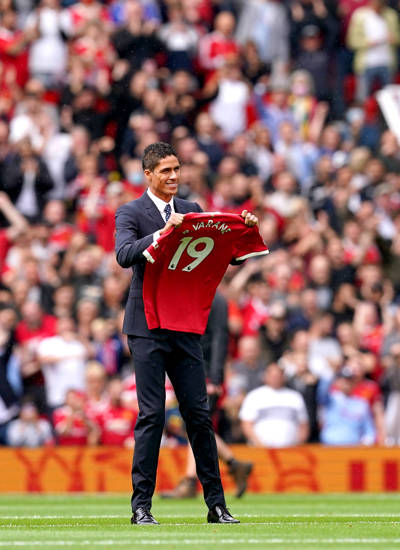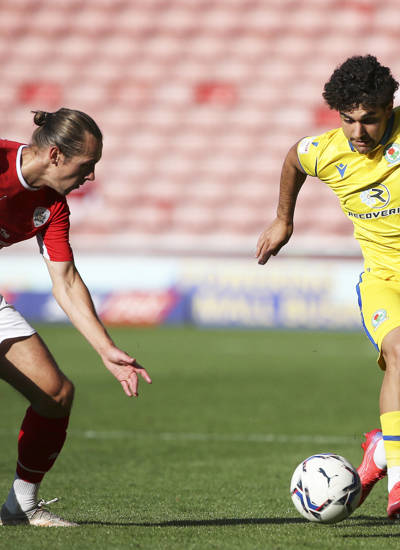
Our guests’ opinions do not necessarily reflect the position of FIFPRO
Football is one of the most multicultural work environments today. Players of various racial and ethnic backgrounds come from every part of the world. But while football certainly has the power to bring people together, as part of an inclusive community, research shows that it can also deepen the existing social inequalities that are rooted in racism and discrimination.

About
Prof. Jacco van Sterkenburg and Nick Romeijn
Prof. dr. Jacco van Sterkenburg is Endowed Professor ‘Race, Inclusion and Communication, specifically in relation to football and media’ at Erasmus University Rotterdam, the Netherlands. His Chair is supported by the main international football partners, Fare, UEFA and FIFPRO. He has published extensively on ‘race’, ethnicity, racism and other forms of discrimination in football, with a specific focus on mediated football and football coaching and leadership. Nick Romeijn is working for various sport organizations including within football. He is also an external PhD candidate at Erasmus University Rotterdam working on research into football expatriation. In 2021, he received a FIFA scholarship on this topic.
Racism in football can be explicit – the abusive chants that we hear in a stadium – but it also takes forms that are invisible. Such covert racism is often tied to old stereotypes and prejudices about players’ physical attributes. Many studies, mostly from the UK and the US, show how Black footballers are primarily associated with natural strength and speed, while White players are seen more often as ‘thinkers’ and ‘leaders’ in the game. These stereotypes can ultimately determine where footballers play on the field – it’s called ‘stacking’ – with White players taking up central positions and as captains, while Black players end up on the margins.
Players of Asian origin receive little attention in this area even as they too suffer racism and discrimination. Studies show how scouts, fans, and the general public often see them as physically weak. Some have argued that implicit racism of this sort has marginalized British Asian players within the recruitment system: they are often seen as lacking the right qualities for both playing and management positions.
Recently we interviewed players about their experience of working abroad. A number of Asian players confirmed they were upset by the stereotypes around their ethnic origin; this type of prejudice can undermine their career. One Asian player said that silence was an inherent part of his cultural upbringing whereas the country he played in saw it as a sign of passivity and weakness. Football is clearly channeling these unconscious stereotypes, and players are absorbing them. What can we do to stop it?
Some academics believe education has the power to destabilize cultural stereotypes and help people to see how prejudice produces the language of race. By improving cultural sensitivity and awareness within football, we can begin to make it more inclusive. Clubs and players share this responsibility; both will benefit from learning about cultural sensitivities and racial stereotypes. Otherwise they remain complicit in upholding racial prejudice and will continue to make cultural missteps.
We recently published a booklet that helps players’ unions to understand and manage cultural sensitivity within their own organization and among players. We explain how players need to become more aware of the cultural nuances and societal trends that shape the workplace – and the same applies to clubs. Clubs should not only educate players about the culture of the host country but also show curiosity in the cultural norms and values of all their players; this helps to understand the stereotypes that players face.
Our booklet provides clubs and players’ unions with clear recommendations on how they can support players as they adapt to new cultures; how they can help to break down racial barriers across football; and most importantly how they can build a workplace where everyone is sensitive both to their own and others’ cultural differences – and where we all break free of the old stereotypes.
“The ‘Intercultural Competency toolkit (booklet) – Playing with Cultures’ is currently available to domestic player unions on the FIFPRO member platform and will be launched more widely in the coming months.”
You can download the booklet by clicking on the image.



